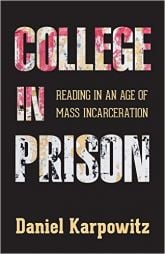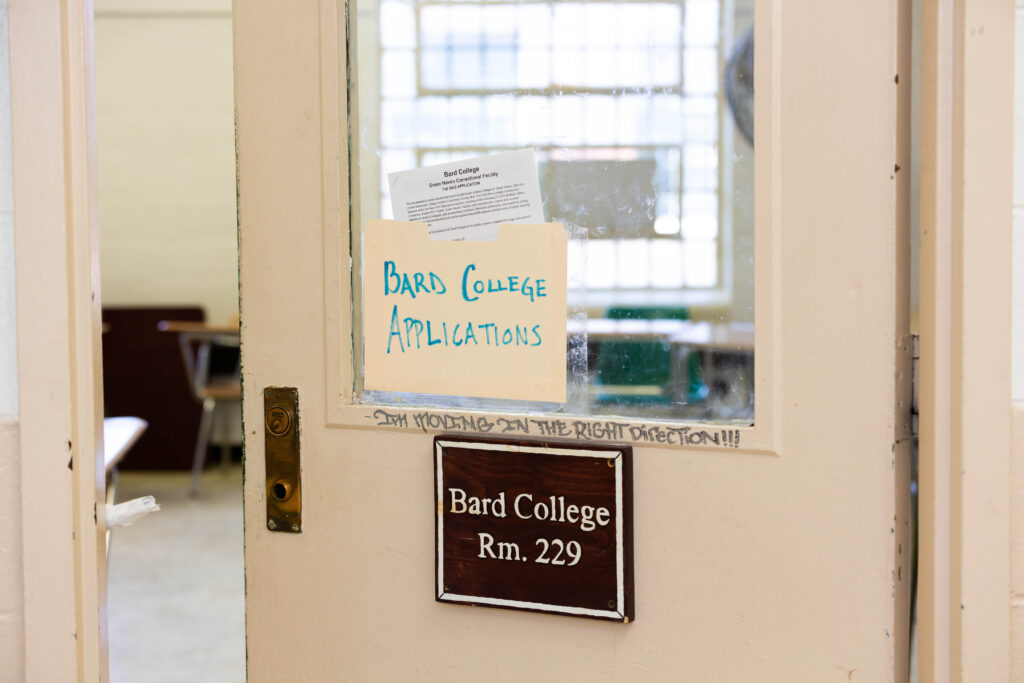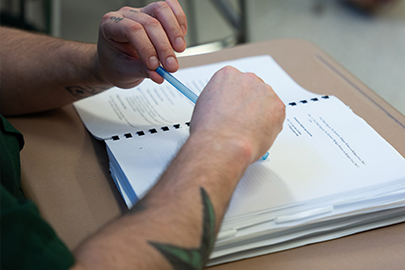 If given the opportunity to pursue a demanding college education, anyone — even society’s most isolated, stigmatized individuals — can rise to the occasion.
If given the opportunity to pursue a demanding college education, anyone — even society’s most isolated, stigmatized individuals — can rise to the occasion.
That’s the idea behind College in Prison: Reading in an Age of Mass Incarceration (Rutgers University Press), a new book by Daniel Karpowitz about the ways that a liberal arts education can transform the lives of people living behind bars.
In the book, Karpowitz, professor of law and the humanities at Bard College and a director of the Bard Prison Initiative, reflects on his 15-year history with the Bard prison program and reveals many of the intricacies, challenges and rewards that have come with it.
Since 2001, the initiative has delivered a liberal arts education — including courses on anthropology, literature, political science, history and the Mandarin language — to hundreds of prisoners in the United State. These courses come with a rigorous curriculum and stimulating classroom discussions, and for some, the degrees they earn offer the chance for a better job — a better life — after prison.
Since its inception, the BPI has partnered with a number of liberal arts colleges across the country, in hopes of allowing more prisoners to participate in what has been a powerful, even life-changing, experience for many.
Inside Higher Ed had a chance to talk with Karpowitz about the book. His emailed responses are below.



